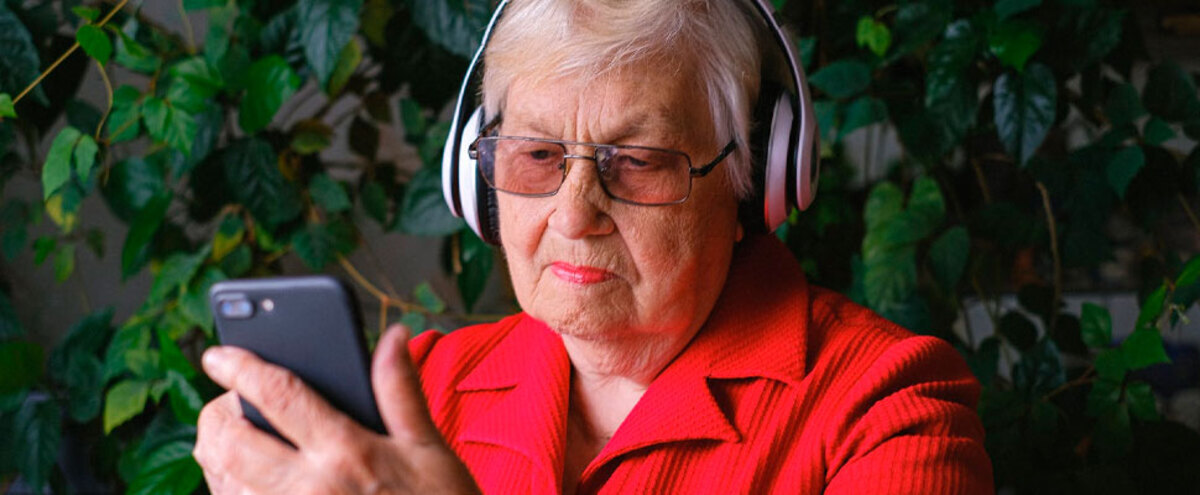Amethyst Project: Music Therapy for the Elderly
Meet in The Woman Post the great Amethyst Project, an alternative for the elderly that helps in treatments and their well-being.

The Woman Post | María Carolina Rivero
Listen to this article
A recent article called "The influence of music therapy in older people" published in the Health Research Journal reveals that dementia in the elderly is characterized by the deterioration of psychological behaviors that trigger alterations. However, music is used in one of the phases of treatment. The data collected demonstrates that experts have used music to transform the term quality of life, including satisfaction, successful aging, and mental, emotional, social, and spiritual well-being.
The findings show that music, dance, and movement activities help maintain endurance and improve your strength. In addition, music therapy increases the relationship with others and avoids feelings of isolation and loneliness. Experts consider that music makes them express their emotions; therefore, the stimulus should be daily, including a cycle of positive thoughts to drive social interaction.
The report concluded that skills and interventions focus on giving purpose to free time and provide positive emotions that favor the psychological well-being of older adults. These activities offer a level of independence that is valued in society.
The Sound of Music Versus Baby Boomer and Gen Z
Another article called "Evidence of the use of music therapy and the memory of the elderly" published in the Journal BVSalud considers that a considerable loss of cognitive functions is observed in the advances of aging. However, music therapy has gained a space within several sectors of generations that are capable of maturing psychological factors.
The data collected show that music involves all the brain's sensors. It seeks to rehabilitate and stimulate the phases of dementia, anxiety, stress, and depression in older adults. The study concludes that music therapy is one of the best tools implemented by different generations to perceive and orient memory and language.
The report made a series of analyses of 38 articles. Ten of them were examined, and samples were obtained from people between 44 and 69 years with types of dementia. Even the study considers the caregivers of the elderly.
Also read: THE MYTH OF USING THE MORNING AFTER PILL
Benefits of Music on Baby Boomers and Gen Z on Their Emotions
Initiatives and programs achieve formidable physical and psychological benefits where music contributes to the management of emotions, reduces the sensation of pain, restores brain functions that have been affected, and produces transformations.
In addition, it helps to strengthen the relationship with family and friends by applying relaxation techniques with 98% resulting in calm rhythmic breathing sessions. A recent study published by Spotify reveals some Gen Z experiences that define audience trends. The figures seek to place the interests of each generation above. These interests highlighted politics, education, entrepreneurship, norms, and society's expectations. The report shows that audio has been a tool to create communities for different generations, such as Z and Millennials.
In short, this project is ideal not only for the Baby Boomer generation but also for all generations in general. These techniques allow people to achieve a high level of connection, feelings, and empathy.




